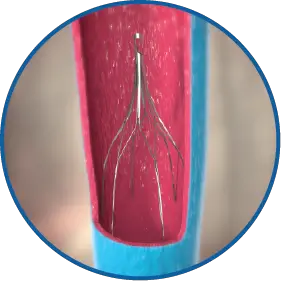A new study sheds light on the Inferior Vena Cava (IVC) filters’ alleged dangerousness, further substantiating the allegations of those who recently filed a lawsuit. The research was published in the Journal of the American Medical Association Surgery on January 2017 and compared 451 trauma patients who were implanted with IVC filter to 1343 who did not use it. The study was conducted at the Boston University School of Medicine trauma center over a nine-year period. According to the data found by the scientists, the long- and short-term mortality of patients in both groups was very similar showing how the filters’ effectiveness may have been overestimated in the past decades. The placement of the device did not reduce the risk of pulmonary embolism, even in patients affected by venous thrombosis. The research group that the risk/benefit profile of the device may require a reevaluation, since the placement of IVC filter is not without risk, especially if they’re not removed within a short period.
The IVC filter is a sort of “metal cage” implanted inside a major vessel (the inferior vena cava) to trap blood clots in patients who cannot receive treatment with anticoagulants. The device should prevent pulmonary embolisms and strokes by keeping the blood clot in place until it slowly dissolves on its own.
Since 2012, however, a vast number of plaintiffs filed an IVC lawsuit against the device manufacturers C.R. Bard and Cook Medical, because they suffered a grievous injury shortly after being implanted with it. The attorneys who act on behalf of the victims allege that the medical device is defective and subject to frequent malfunctioning. Fragments of the metal filter may break and migrate to nearby organs, causing lethal perforations, permanent injuries and even death. Even in the instances where the device does not break, constant medical monitoring is still required, leading to substantial long-term medical expenses. The manufacturers already settled some cases after, in October 2014, the U.S. Judicial Panel on Multidistrict Litigation (JPML) centralized a large number of litigations in the Southern District of Indiana.
Article written by: Dr. Claudio Butticè, Pharm.D.

